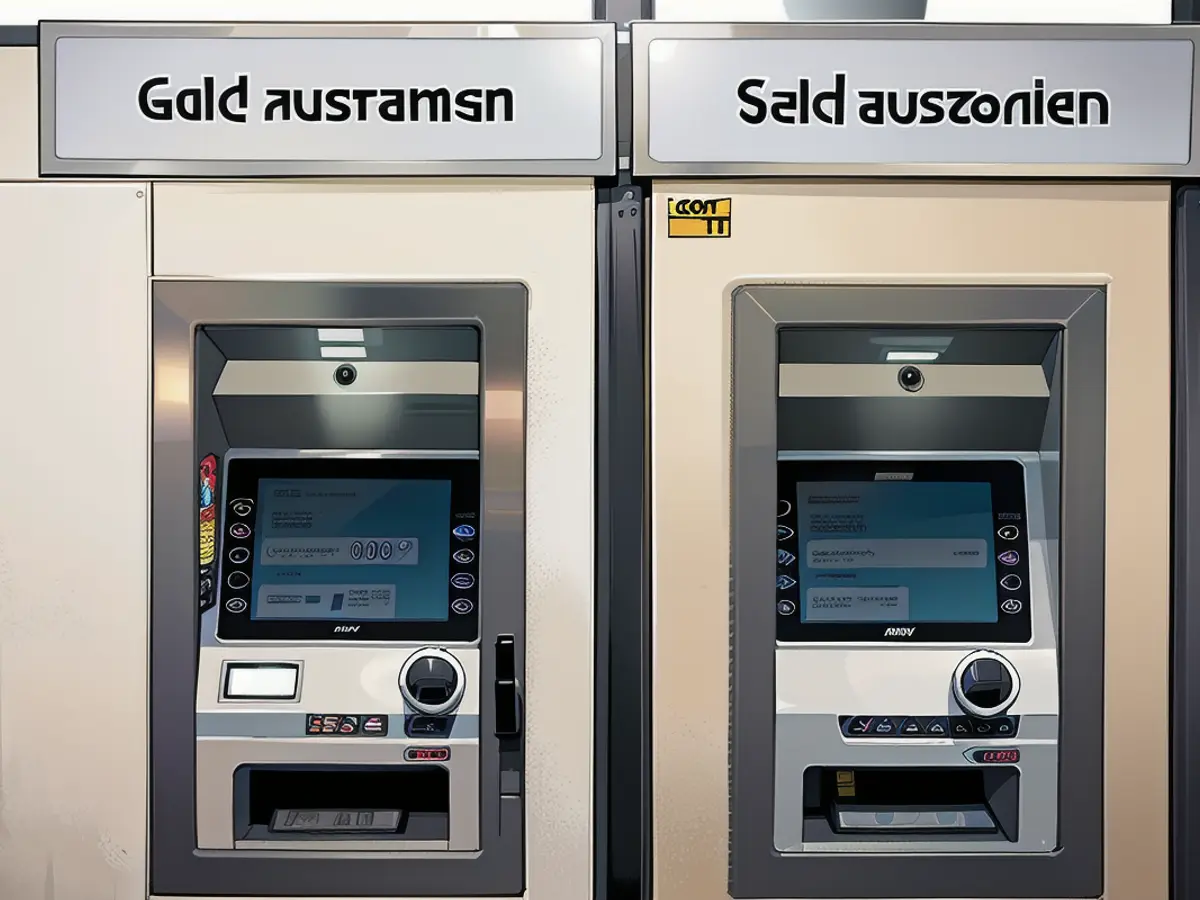In this article, you will learn about the changes in Germany in December 2023: deadlines for sending Christmas letters, holidays in kindergartens and schools, minimum wage increase in the care sector, extension of 'brakes' on electricity and gas prices, and other changes.
Tenants will receive utility bills for 2022
At the end of the year, many renters in Germany are expected to receive utility bills.
However, this year they might face a surprise as the bills will reflect the increase in energy prices in 2022.
Tenants who do not receive utility bills for 2022 by December 31, 2023, are fortunate, as landlords generally no longer have the right to demand additional payments if the delay is not their fault. We recommend carefully checking the bills and contacting the tenant support group if any questions arise.
Deutsche Bahn switches to winter schedule
From December 10, the new long-distance train schedule comes into effect.
Good news for travelers—there will be an increase in the number of trains running between Berlin and Munich, as well as Hamburg and Magdeburg. Additionally, more trains will operate on the Berlin-Wuppertal-Cologne, Magdeburg-Schwerin-Rostock, and Nuremberg-Jena-Leipzig routes. Some cases will involve additional stops.

In collaboration with the Austrian Federal Railways (ÖBB), new connections between Berlin-Paris and Berlin-Brussels will be launched in December. Initially, night trains will run three days a week.
However, some prices will also increase, with Flex tickets going up by about five percent. The price of Bahncard 25 will also rise by three euros to 62.90 euros per year. Meanwhile, saver tickets and Bahncard 50 prices will remain unchanged.
It's worth noting that strikes may occur in the coming weeks due to an ongoing dispute between Deutsche Bahn and the GDL locomotive engineers' union.
Christmas letter deadlines
For those sending letters or parcels to friends and family in Germany, pay attention to important dates.
According to Deutsche Post, letters should be sent by December 21 to arrive by Christmas, with the deadline for parcels being December 20. There are no guaranteed deadlines for international shipments, but it's always better to send the package sooner.
Most Deutsche Post branches will be open on December 23 and 30 but closed on Christmas Eve and New Year's Eve (as well as on public holidays). Speaking of holidays, keep in mind that in December, employees have several days off.
This year, December 25 and 26 fall on Monday and Tuesday and are public holidays, while New Year's Day (January 1) is also a day off. On Christmas Eve and New Year's Eve, workers and businesses usually close early.

This year, as Christmas Eve falls on a Sunday, most establishments will still be closed. Stock up on groceries and drinks before chaos ensues in supermarkets on Saturday, December 23!
School and kindergarten holidays
Children, teachers, and support staff are undoubtedly looking forward to holiday breaks after another intense year.
As always, holiday breaks start at different times in different states of Germany. For example, in North Rhine-Westphalia, school holidays start from December 21 to January 6. In other states, holidays may begin a bit later.
New Year's Eve fireworks chaos
It may seem like this day is still far away, but it's better to be prepared. On December 31, known as Silvester in Germany, Germans traditionally set off fireworks. They can be seen on the streets and even launched from balconies.
Last year, groups of young people caused a disturbance with firecrackers and rockets in several neighborhoods in Berlin, and similar scenes occurred in other cities.

They also threw firecrackers at police and firefighters and shot at them.
According to a YouGov survey published in November, the majority of German residents are against the use of personal fireworks.
If you have pets, calm them on this night.
Minimum wage increase in the care sector
Moving on to other changes - there is good news for workers in the care sector.
In anticipation of the nationwide minimum wage increase in January, care workers will earn more money starting from December.
The minimum hourly wage depends on the respective qualification:
- Qualified caregivers will receive €18.25 per hour (previously €17.65).
- Qualified care assistants: €15.25 (previously €14.90).
- Care assistants: €14.15 (previously €13.90).
New information on wine labels
From December 8, all wine bottles in Germany will display additional information.
This is because, according to a new law, the packaging of the drink must include its nutritional value and ingredients.
This may result in larger labels or the inclusion of QR codes.
Extension of the brakes on electricity and gas prices
The deadline for the maximum prices for electricity and gas in Germany was supposed to expire at the end of the year, meaning consumers would benefit for the last time in December.

However, the Bundestag decided to extend the program. Instead of saving for the last time in December, consumers of electricity, gas, and centralized heating will enjoy maximum prices until the end of March 2024.
Initially, the Cabinet planned to extend the deadline until the end of April. However, the EU Commission granted permission for an extension only until the end of March.
New CO2 emission fee for freight vehicles
From December 1, an additional fee for CO2 emissions into the atmosphere for freight vehicles is being introduced, amounting to €200 per ton of carbon dioxide.
In the future, the cost of travel will consist of four components: infrastructure costs, air pollution, noise, and CO2 emissions.
Initially, this requirement applies only to trucks weighing 7.5 tons or more. From July 1, 2024, it is expected to apply to smaller vehicles weighing 3.5 tons or more.
The government hopes that these changes will generate additional revenue of €30.5 billion from 2024 to 2027, which is intended for investments in transportation.
Google is deleting inactive accounts
Tech giant Google will start deleting inactive accounts from December 1.
Inactivity, in this case, means that the account has not been used or logged in for two years.
The company aims to increase security, as unused accounts are more vulnerable to attacks due to the lack of two-factor authentication. Before deleting a Google account, the user will be notified several times through relevant notifications.




